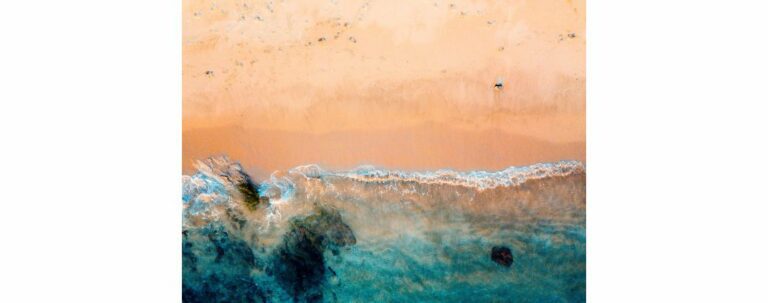Creating South Africa’s very own Blue Schools
In October 2021, the SAEON Science Engagement team launched their new Blue Schools programme with two learner workshops. Blue Schools is an international programme funded by the Department of Science and Innovation in South Africa to improve the level of ocean literacy and Ocean Sciences.
An ocean-literate person understands the seven principles and fundamental concepts about the functioning of the ocean, which enables them to communicate meaningfully and make informed and responsible decisions about the ocean and its resources.
“Ocean literacy is an understanding of the ocean’s influence on you – and your influence on the ocean.”
The Blue Schools programme originated in Portugal, where it has been immensely successful. The hope is to replicate the success of the original project in countries all along the Atlantic Ocean, including countries from Europe, Africa, South and North America.
SAEON is responsible for implementing the project in South Africa. The science engagement team will be working with schools from Phalaborwa (Limpopo province), Gqeberha and Makhanda (Eastern Cape province) and Cape Town (Western Cape).
The aim is to get learners of these schools to think about their connections to the ocean, increase their ocean literacy, and encourage their curiosity and problem-solving skills in designing their own research projects.
Read the full article HERE

